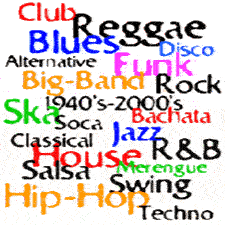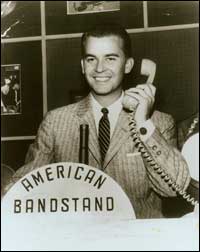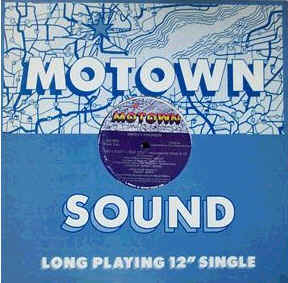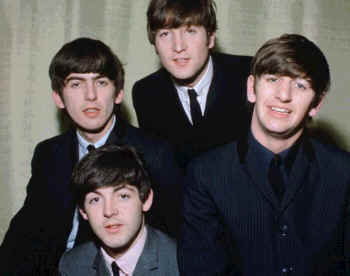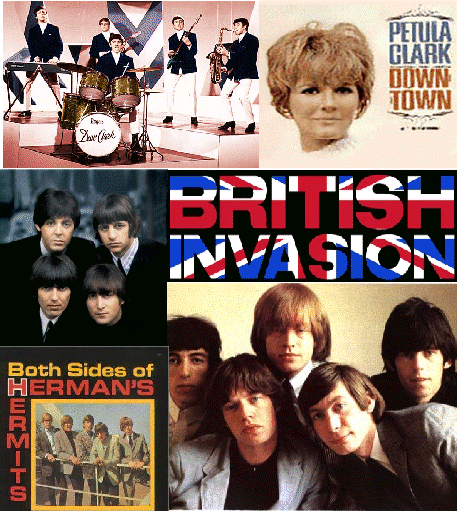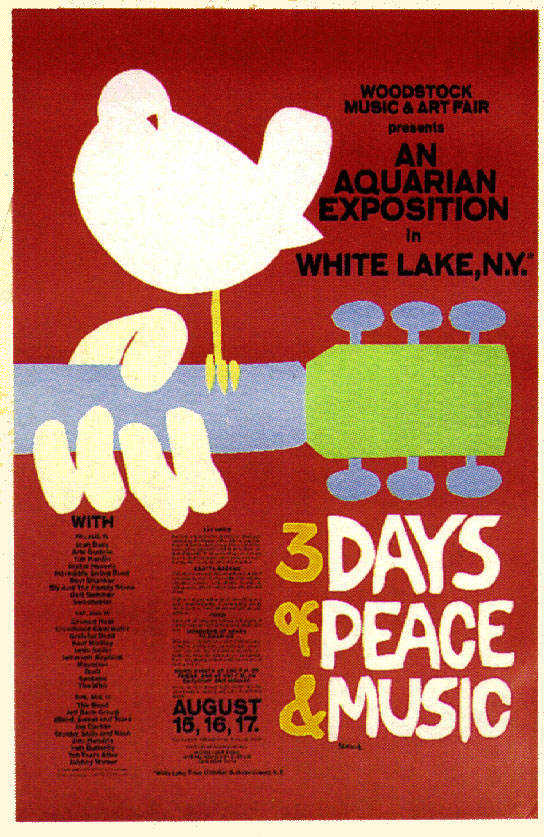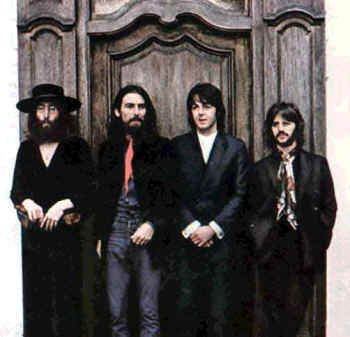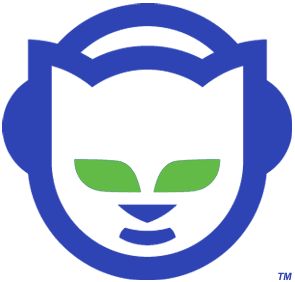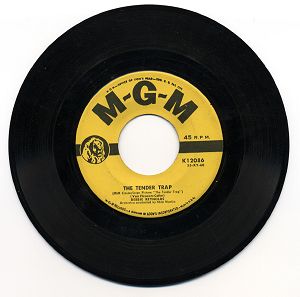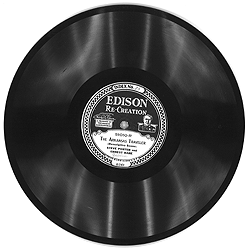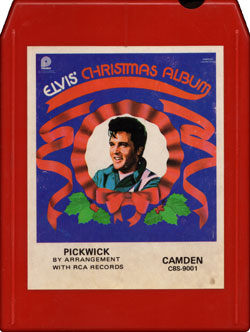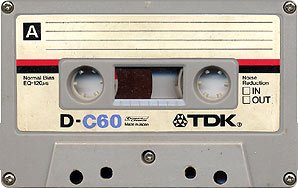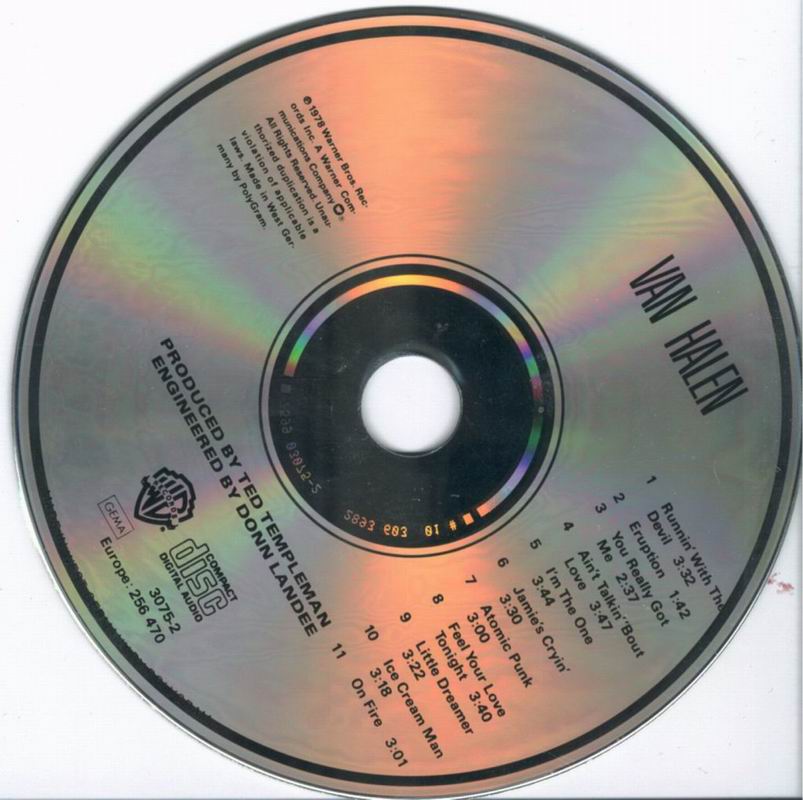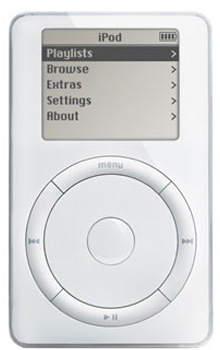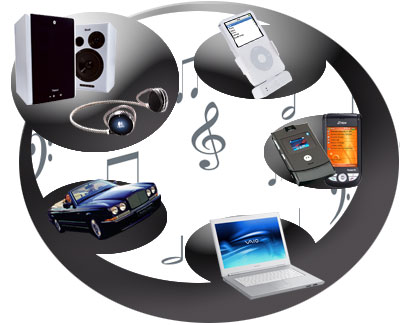
|
||||||||||||
|
|
|
Music
Changes The World
"There's nothing you can do that can't be done. Nothing you can sing that can't be sung. Nothing you can say but you can learn how to play the game. It's easy. Nothing you can make that can't be made. No one you can save that can't be saved. Nothing you can do but you can learn how to be you in time. It's easy. All you need is love. All you need is love. All you need is love, love. Love is all you need." -The Beatles
From the beginning of recorded history music in some form or another has told the story of life and it's beauty, wonder, struggles, and causes. From the love between the man and a woman to the oppression of people- music and song have supplied the soundtrack to life. Music questions authority and the status quo that often is misdirected, misinformed and in some cases just plain wrong. In modern times because of the advancement in telecommunications music took on an even more important place in the world. In other words the volume could be cranked up globally. During the 1950's, the average age of music record buyers decreased from the early 20s into the teens. During the first half of the decade "mood" music was popular. Liberace, Mitch Miller, Harry Belefonte and others sold many records. A new sound became extremely popular in the 1950's. Allen Freed coined the term "Rock and Roll" to describe the new wild sound . Teenagers turned some of these rock and rollers into overnight celebrities. Names like Elvis Presley, Bill Haley and the Comets, Chuck Berry, The Platters, Fabian and Frankie Avalon were just some of the many.
Dick Clark American Bandstand was a television show that aired from 1952 to 1989, hosted until its final season by Dick Clark( America's Oldest Teenager") , who also served as producer. It originally started in Philadelphia. American Bandstand first aired on the ABC network on Monday, 5 August 1957, becoming one of a handful of local origination programs to broadcast nationally. Initially, the program ran Monday through Friday from 3:00 to 4:30 P.M., EST. The program was broadcast daily until 1963. American Bandstand brought rock 'n' roll music into millions of households. It showed Americans how to do the latest dance steps and introduced performers to the country. When Dick Clark started hosting Bandstand in 1956, he insisted on racially integrating the show, thus providing American television broadcasting with its most visible ongoing image of ethnic diversity.
Clark would often interview the teenagers about their opinions of the songs being played, most memorably through the "Rate-a-Record" segment (to which the phrase "It's got a good beat and you can dance to it" is credited)
Stax Records is an American record label, originally based out of Memphis, Tennessee. The label was founded in 1957 by Jim Stewart as Satellite Records. In 1961, upon realizing that there was another record company named Satellite, the label changed its name to "Stax," a portmanteau of the names of the two original owners of the company: Jim Stewart and his sister Estelle Axton.
Stax was a major factor in the creation of the Southern soul and Memphis soul music styles, and frequently released early funk and 1960s Chicago blues recordings. While Stax was involved almost exclusively in the production of African-American music, the label is noted for having several popular ethnically-integrated bands. In 1960, Elvis returned to the music scene from the US Army, joining the other white male vocalists at the top of the charts; Bobby Darin, Neil Sedaka, Jerry Lee Lewis, Paul Anka, Del Shannon and Frankie Avalon. America, however, was ready for a change.
Motown played an important role in the racial integration of popular music as the first record label owned by an African American and primarily featuring African American artists to regularly achieve crossover success and have a widespread, lasting effect on the music industry and society in general. Incorporated on January 12, 1959 by Berry Gordy, Jr. as Tamla Records, Motown has, over the course of its history, owned or distributed releases from more than 45 subsidiaries in varying genres, although it is most famous for its releases in the musical genres of R&B, pop, and soul music.
The Tamla Motown Record Company came on the scene, specializing in black rhythm and blues, aided in the emergence of female groups such as Gladys Knight and the Pips, Martha and the Vandellas, the Supremes, and Aretha Franklin, as well as Smoky Robinson, James Brown, Jimi Hendrix, and the Temptations. Bob Dylan helped bring about a folk music revival, along with Joan Baez and Peter, Paul & Mary. The Beach Boys began recording music that appealed to"California Dreamers".
The Beatles Early 1960's The Beatles, from England, burst into popularity with innovative rock music that appealed to all ages. The Beatles were the first of many groups to come to The United States during "The British Invasion".
Peter and Gordon ("A World Without Love"), the Animals ("House of the Rising Sun"), Manfred Mann ("Do Wah Diddy Diddy"), Petula Clark ("Downtown"), Freddie and the Dreamers ("I'm Telling You Now"), Wayne Fontana and the Mindbenders ("Game of Love"), Herman's Hermits ("Mrs. Brown You've Got a Lovely Daughter"), the Rolling Stones ("I Can't Get No Satisfaction" and others), the Troggs ("Wild Thing"), and Donovan's ("Sunshine Superman") all topped Billboard's singles chart.
There was a major change in popular music in the mid-1960's, caused in part by the drug scene. Acid Rock, highly amplified and improvisational, and the more mellow psychedelic rock gained prominence.
When the Beatles turned to acid rock, their audience narrowed to the young. Jefferson Airplane and the Grateful Dead grew out of the counterculture in 1967.
The musical phenomena of the decade was Woodstock, a three day music festival that drew 400,000 people and featured peace, love, and happiness...and LSD.
By the end of the decade, popular music was also using synthesizers and other electronic devices.
The Beatles Late 1960's By the 1970's, the term "rock & roll" had become nearly meaningless. This decade saw the breakup of the Beatles and the death of Elvis Presley. Pop music splintered into a multitude of styles: soft-rock, hard rock, country rock, folk rock, punk rock, shock rock .R&B, Funk and Disco were also popular during the decade. Soul Train began airing in selected cities across the United States, on a weekly basis, on October 2, 1971.During the heyday of Soul Train in the 1970s and 1980s, the program was widely influential among younger black Americans, many of whom turned to it not only to hear the latest songs by well-known black artists but also for clues about the latest fashions and dance trends. Moreover, for many white Americans in that era who were not living in areas that were racially diverse, Soul Train provided a unique window into black culture.
Don Cornelius, creator, executive producer and the host introduced the world to "The Soul Train Dancers" and the "Soul Train Scramble Board", where two dancers are given sixty seconds to unscramble a set of letters which form the name of that show's performer or a famous person in African American history. Near the program's conclusion, there is also the popular "Soul Train Line", in which all the dancers form a two lines with space in the middle for individual dancers to strut down and dance in consecutively. Sometimes, new dance styles or moves are featured or introduced by particular dancers. In The 1980's Cable was born and MTV, originally intended to be promos for albums, had an enormous impact on music and young people. The digital compact disc (cd) revolutionized the music industry. Dances learned on MTV included slam dancing, lambada, and break dancing.
Pop, rock, new wave, punk, country, and especially rap or hip hop became popular in the 80s. Rap was new in the late 80s and 90s.
1980s Music Video Mash Remix In The 1990's there were more music choices available than ever, although radio stations tended to find a niche and stick to it rather than playing a mix. Latino music grew in popularity. Country became more mainstream, and Grunge and Gangsta Rap appeared. R&B and hip-hop remained popular. The recording industry faced severe tribulation as CD burners became commonplace. It was easy to make a high quality copy of a CD.
Napster, Morpheus and Kazaa offered online file sharing, in effect offering free downloads of music to anyone wanting to copy it. The recording industry, seeing falling sales, fought back with lawsuits.
iTunes was introduced by Apple Inc. on January 9, 2001. The iTunes Store was first launched on April 28, 2003. ITunes downloads 2001-1 ITunes downloads 2010-10 Billion
How we listen to music changes as time goes by but the relevance of music remains a constant.
|
